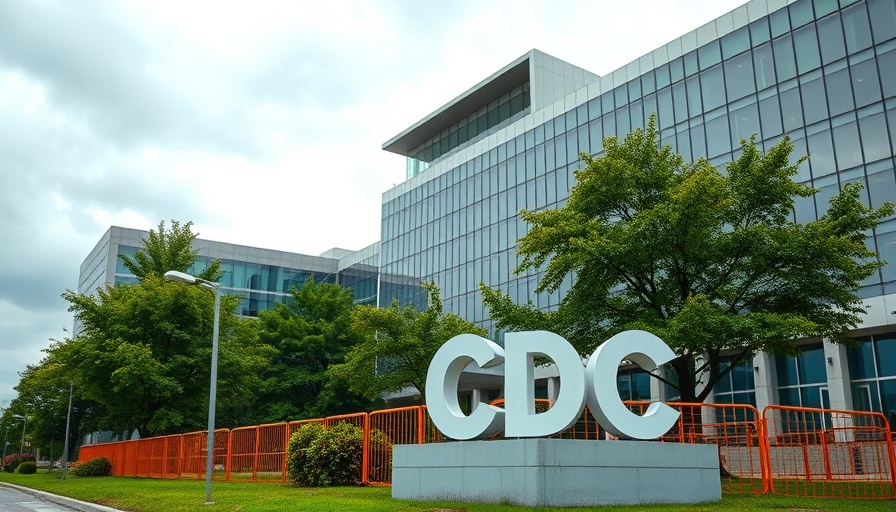
Understanding the New Era of CDC Vaccine Advisory Meetings
The recent vaccine advisory committee meeting under Secretary Robert F. Kennedy Jr. marked a significant moment for public health policy, especially as these gatherings are crucial for guiding vaccination practices in the U.S. This first meeting in the new administration has sparked attention, particularly due to concerns about potential deviations from established protocols. However, the two-day meeting seemed to assure the public of continuity and vigilance in vaccine recommendations, setting the stage for expansive discussions and updates surrounding vaccination strategies.
What Happened in the Meeting: A Review of Key Decisions
During this meeting, members of the Advisory Committee on Immunization Practices (ACIP) focused on essential updates by voting to expand meningococcal vaccine options and lower recommendation ages for RSV vaccines. They also discussed preventive measures against chikungunya, an emerging tropical disease, with recommendations aimed at travelers and professionals likely to be exposed. These deliberations confirm that despite potential changes in administration, the core mission of CDC remains steadfast in prioritizing public health.
Importance of Transparency in Vaccine Policy
As discussed by Senator Lisa Blunt Rochester, the return of ACIP meetings allows the public insight into vaccine-related developments during uncertain times, like ongoing measles outbreaks. This much-needed transparency is critical for building trust within communities regarding vaccine safety and efficacy, especially given the fear and misinformation that can surround such topics.
Navigating the Challenges of Public Health Administration
However, the meeting wasn't without its challenges. Technical glitches and concerns over budget cuts surfaced as reminders that ongoing issues from the previous administration linger. Cuts in funding have left public health departments scrambling, leading to resource shortages that can affect the efficacy of vaccination campaigns and public health messaging.
Continuing Public Health Education and Engagement
Accompanying the committee's overarching goals is the essential responsibility of educating the public. As more people turn to social media and online forums for health information, fostering an environment where accurate, science-based information is readily available is crucial. Public engagement through education can dispel myths and encourage proactive health decisions.
Future Considerations: What Lies Ahead for Vaccine Policy
Looking ahead, the next public meeting is set for June, where critical topics such as flu and COVID vaccinations will take center stage. As the committee examines the evolving landscape of infectious diseases, stakeholders must remain vigilant. Emerging virus strains and fluctuating immunization rates pose real threats that will require clear communication and strategic planning.
Actionable Insights for the Audience
For those invested in health and wellness, keeping abreast of CDC updates is vital. Staying informed about vaccination policies can empower individuals and families to make educated choices on health interventions. Furthermore, engaging in community health initiatives can enhance public health outcomes while fostering a culture of collective responsibility.
A Call to Stay Informed and Engage
As developments in health policies continue to unfold, it is essential that community members remain engaged and informed. With a focus on understanding the latest advancements in health and wellness technology, embracing preventive health strategies, and participating in local initiatives, we can all contribute to a healthier future. Don’t hesitate to reach out to your community leaders and involve yourselves in discussions on health policies that reflect our shared commitment to public health.
 Add Row
Add Row  Add
Add 




 Add Row
Add Row  Add
Add 

Write A Comment